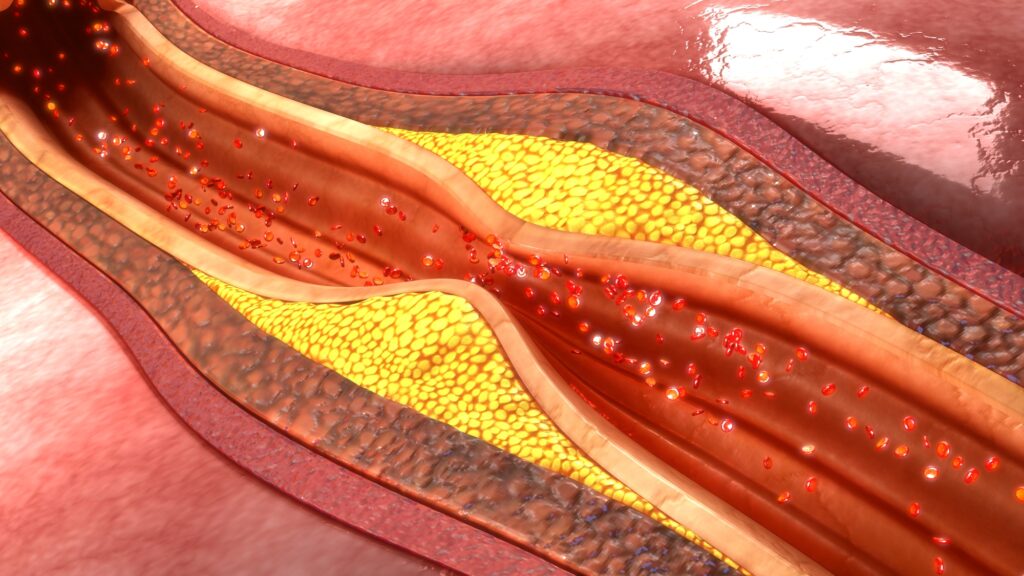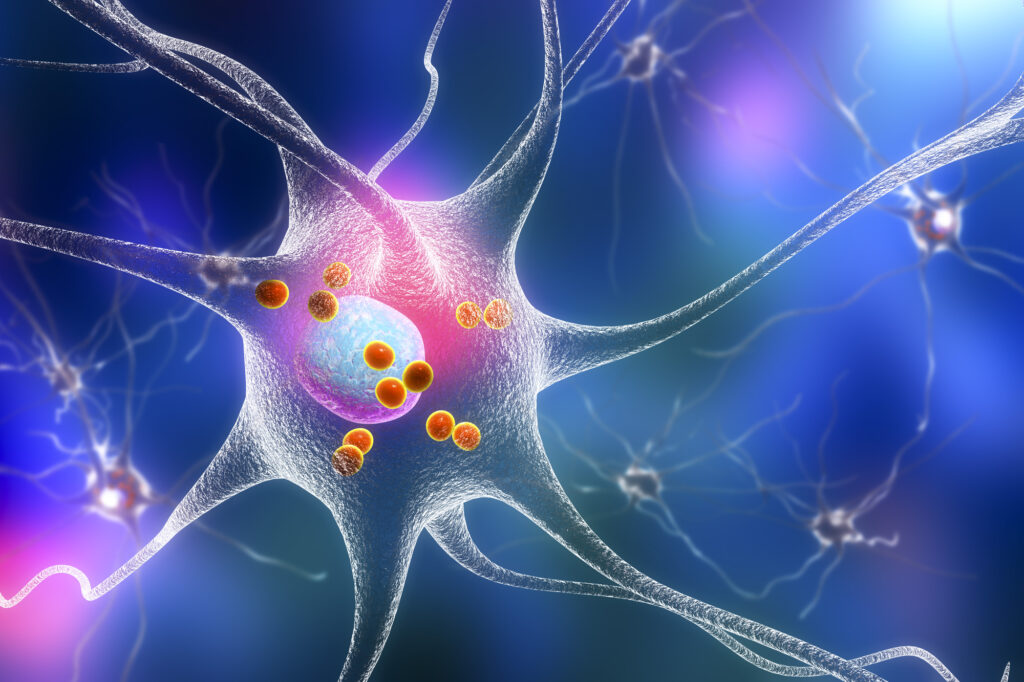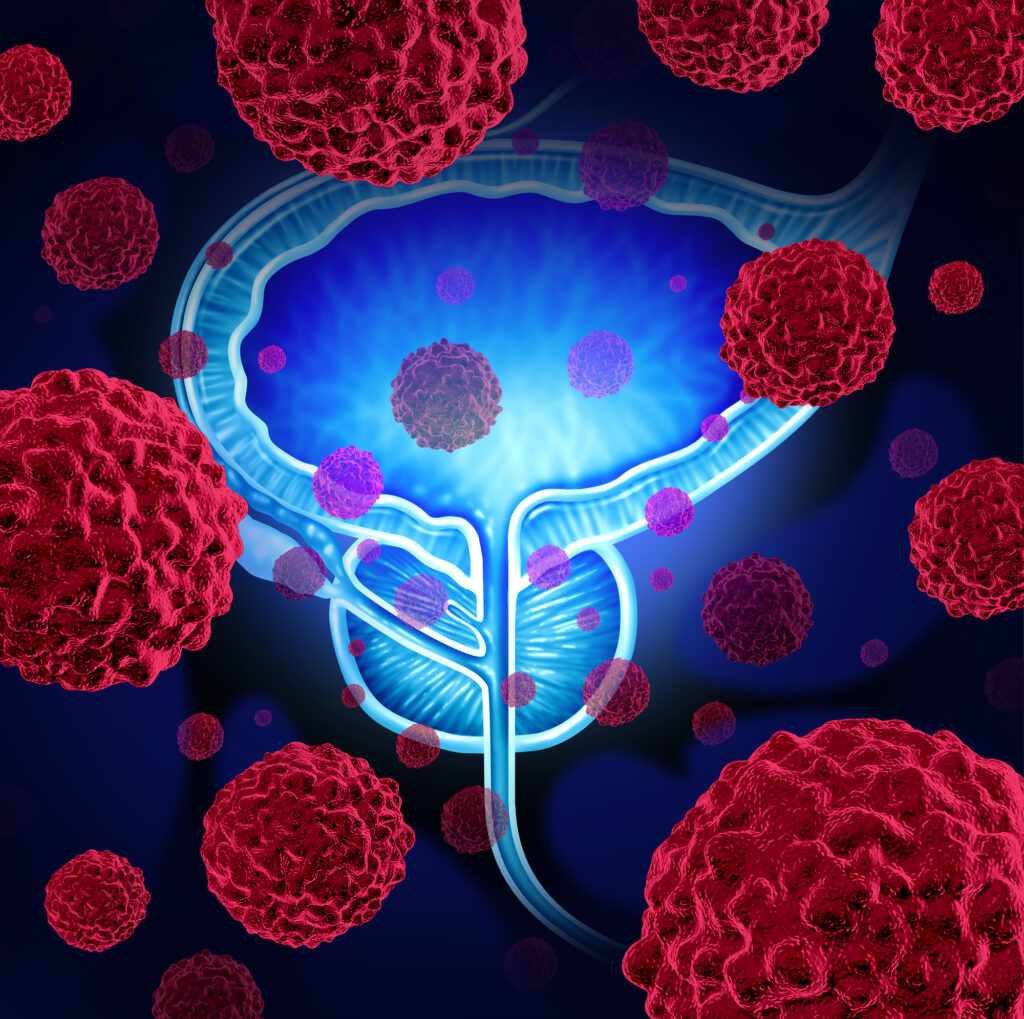Atherosclerosis, sometimes called “hardening of the arteries,” is caused by plaque buildup in blood vessels and can interfere with blood flow to critical organs, which can result in heart attack or stroke. These plaques consist of cholesterol, phospholipids, and other fats; immune cells; and fibrous components.
It’s long been known that obesity and a high-cholesterol, high-fat diet are risk factors for developing atherosclerosis. But what hasn’t been well understood is exactly how these factors contribute to heart disease. Until now.
The researchers behind a new study published in the May 2023 issue of the Journal of Lipid Research believe they have found the answer. According to their findings, the link may be in how specific fat derivatives in a Western diet alter the way that cells that line the intestines interact with gut-resident bacteria.
The Study
To study the connection between diet and atherosclerosis, the researchers used a mouse model that reflected the high levels of low-density lipoprotein, or “bad cholesterol,” seen in atherosclerosis patients. Using this model, the researchers found that on a high-fat high-cholesterol diet, the cells that line the small intestine churn out reactive phospholipids that make the intestinal lining more susceptible to invasion by the bacteria that live in the gut.
“The normal defenses for intestinal lining cells to keep bacteria in the lumen of the intestine are reduced when they take up large amounts of cholesterol and fat,” said Alan Fogelman, MD, a professor of medicine at UCLA and project supervisor. “This also results in bacteria being able to come in direct contact with the cells lining your intestines called enterocytes. Without those defenses, this results in more bacterial products, like bacterial cell membranes that contain a toxin called endotoxin, getting into the bloodstream to cause inflammation.”
Conclusions
That release of bacterial products from the gut into the bloodstream triggers an immune response in the blood to eliminate the potential threat. “People who are obese and people eating high-fat, high-cholesterol diets have higher levels of endotoxin in their blood,” Fogelman said. “When the cholesterol and fat come into the mix, the endotoxin kind of turns up the thermostat on inflammation and that accelerates atherosclerosis and leads to increased heart attacks and strokes.”
This study could pave the way for targeted interventions for individuals who are at risk for developing heart disease. The team is now looking for ways to reduce the phospholipid derivatives that cause endotoxin to enter the bloodstream.






